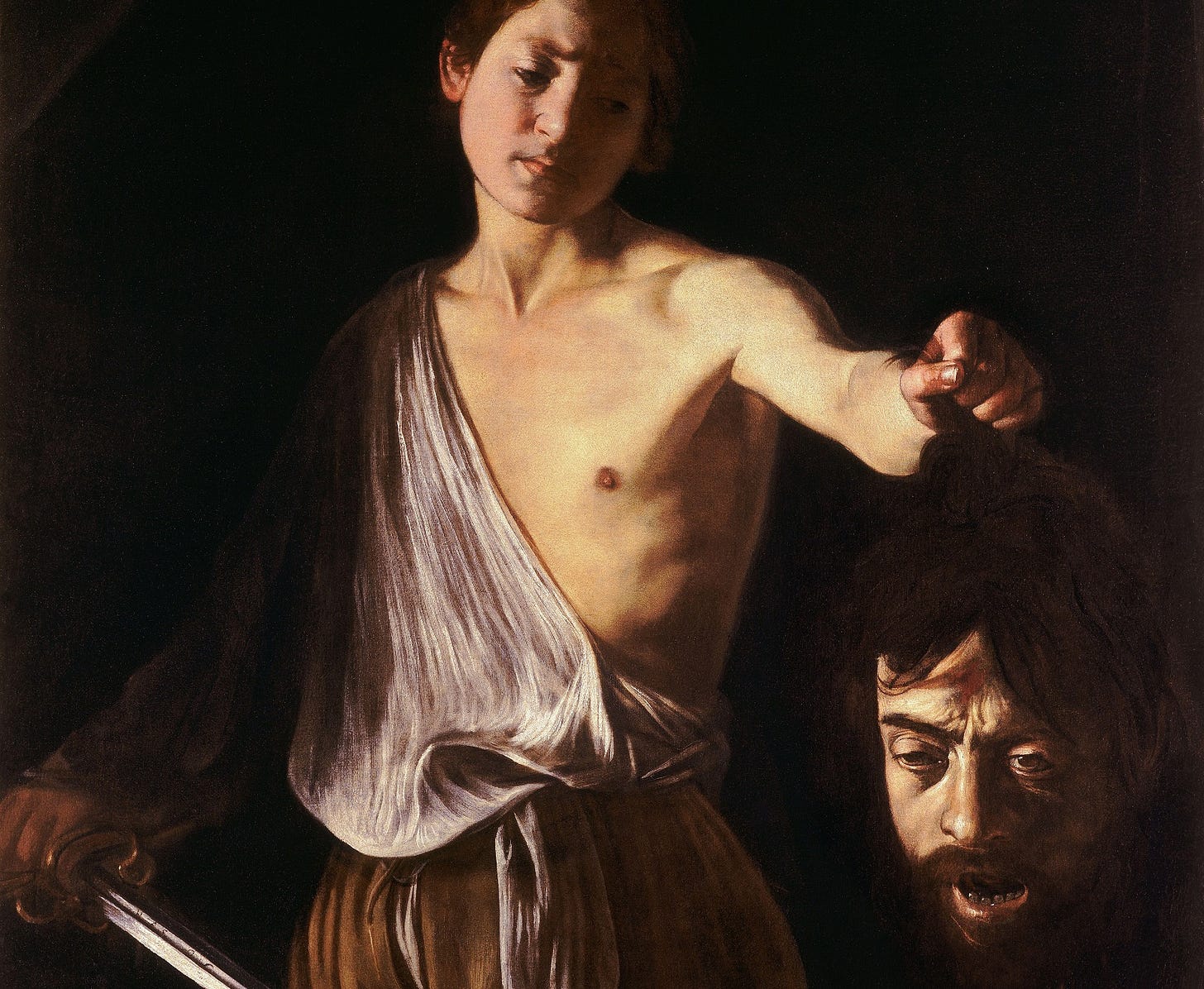Humility Can Seem Soft When Problems Are Hard
Humility bestows confidence and loyalty
Don’t miss the second part of this topic and the related podcast episode:
“Humility is attentive patience.” — Simone Weil (1940)
Humility is often considered a “soft” trait. Like kindness, vulnerability, empathy, and other non-quant skills.
But to categorize soft skills as not hard is missing the bigger picture.
Such virtues are much more difficult to master, as they require not only behavioral change, but a deep understanding of oneself and, more importantly, of others.
The flip side of humility is hubris or pride. In a previous issue of Timeless & Timely (“Humility or Futility”), we acknowledged the slight difference in the definition of the terms: hubris meaning arrogance that gives offense to the gods, as the ancient Greeks believed, and pride being offensive to others.
And humility is a trait that is observed by others. It’s certainly not something about which a leader can brag. Leaders demonst…




